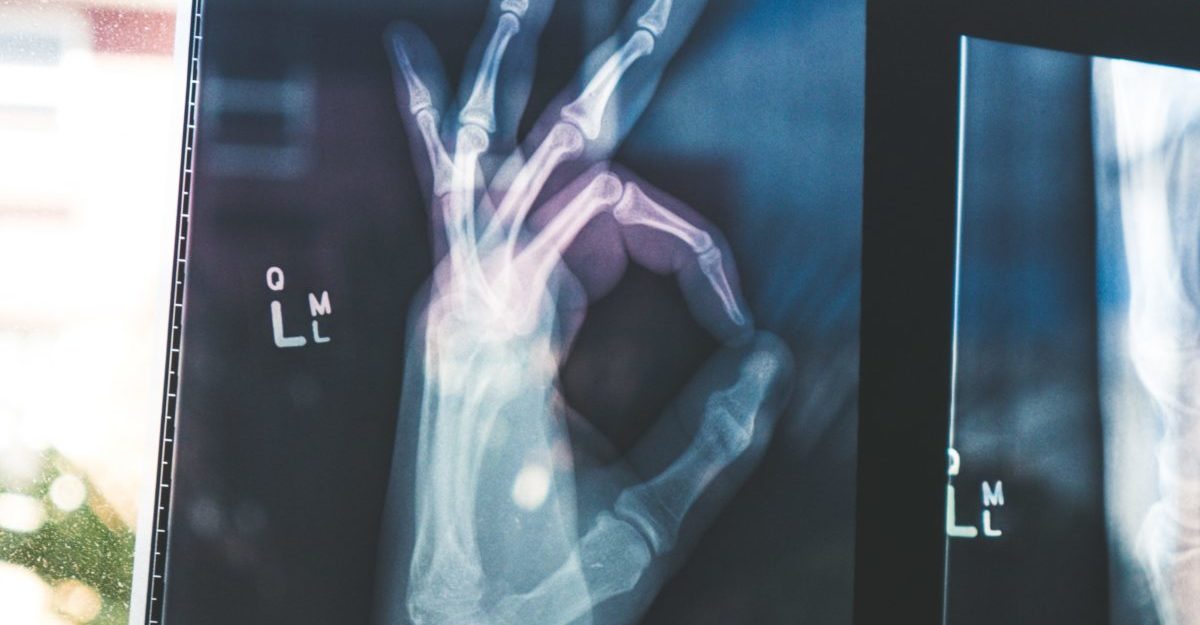Duty to Mitigate: Refusing Recommended Medical Treatment

Duty to Mitigate: Your Obligation
When does a plaintiff in a personal injury action have an obligation to accept recommended medical treatment in an effort to mitigate her injuries and how can her losses be reduced if she fails to fulfill such obligation?
The so-called ‘duty to mitigate’ derives from the general proposition that a plaintiff cannot recover from the defendant damages which she herself could have avoided by the taking of reasonable steps.
While a plaintiff has the burden of proving both the fact that she has suffered damage and the quantum of that damage, the burden of proof moves to the defendant if he alleges that the plaintiff could have and should have mitigated her losses.

The duty to mitigate is wide-spreading, applying to nearly every form of law suit – from personal injury, to employment, to commercial, and so on. The duty also applies to nearly every head of damage. Thus, even within the personal injury context, a plaintiff has various duties to mitigate. With specific regard to one’s duty to accept recommended medical treatment in an effort to mitigate her injuries, the Supreme Court decision Janiak v. Ippolito is the leading authority.
Duty to Mitigate: Defendant’s Responsibilities
The SCC in Ippolito holds that a defendant must prove, on a balance of probabilities, two points in order to show that the duty has not been satisfied by the plaintiff: (1) that the plaintiff acted unreasonably in eschewing the recommended treatment, and (2) the extent, if any, to which the plaintiff’s damages would have been reduced had she acted reasonably and accepted the treatment.
With regard to point (1), reasonableness in relation to medical treatment focuses on the nature of the medical advice that the plaintiff receives and whether she acts in accordance with it. A plaintiff need not take all possible steps to reduce her losses, she is only bound to act like a reasonable and prudent person.
In making a finding as to the reasonableness of a refusal of medical treatment, the trier of fact – i.e. the judge and/or the jury – must take into consideration: the degree of risk to the plaintiff from such treatment, the gravity of the consequences of refusing it, and the potential benefits to be derived from it. While a plaintiff has an obligation to do whatever is reasonable to mitigate her losses, case-law suggests that it is not reasonable to expect her to submit to major surgery or risky treatment which has a low risk of success.
There is some disagreement in the case-law, however, regarding whether the test for reasonableness should be described as entirely objective, or if it has a subjective component. Regardless of how it is described by a respective court, there is actually some consistency in how it is applied – for a subjective component, such as a fear of surgery, to be considered, it must have existed prior to the accident or it must have been caused by the accident and it must entirely preclude the plaintiff from making a rational decision regarding accepting the treatment in question. If this cannot be shown, then the plaintiff must assume the cost of her irrational/unreasonable decision.

In the News
What to do if you’re in one of Toronto’s nearly 200 daily traffic collisions
Trampoline park liability falls on users, says injury lawyer
Animals top source of injuries on B.C. dairy farms
Next, it has been held that a plaintiff is not acting unreasonably by choosing one course of recommended treatment over another in the face of conflicting opinions. Relatedly, where a plaintiff has not been fully informed of a treatment – including the extent to which such treatment may reduce losses/symptoms – the fact that she did not undertake the treatment cannot be said to be unreasonable.
With regard to point (2), the extent to which a plaintiff’s damages should be reduced, in instances where she fails to satisfy her duty to mitigate, must correlate to the likelihood of success of the refused treatment and to the degree to which such treatment would have benefited the plaintiff had it been successful. Interestingly, it has been held by some courts that where a treatment is not curative, but instead may only provide temporary relief of symptoms, no reduction of losses should be granted.
In short, if it is found that a plaintiff was unreasonable in refusing treatment, her recoverable losses should be reduced by the amount that is deemed avoidable. It seems that such instances typically deal with surgeries or treatments which would have or could have cured the injury in question, and perhaps are not applicable to instances where such treatment may have only provided temporary relief of symptoms.
In any event, even if damages could be reduced in the latter scenario, intuitively speaking, not only would the likelihood of success have to be considered, but the degree to which symptomology would have been relieved as well.



